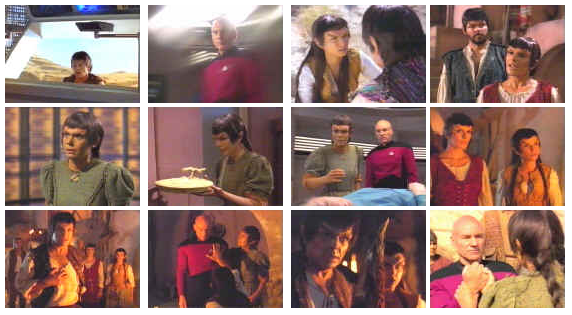
There is an episode in Star Treck [The Next Generation, Season 3, Episode Number 52] where a team of Federation sociologists are accidentally exposed to a primitive race (Mintakans). When an injured and unconscious Mintakan is taken aboard the Enterprise (star ship) for medical attention and is healed by the advanced medical methods on the starship. While coming to consciouness he catches a glimpse of Captain Picard, and so on his return to his people (as he narrates his story) Mintakans begin to perceive Captain Picard as a God.
The episode makes a fascinating commentary on primitive sociology and acquired monotheism. But the more interesting part is Captain Picard's take on "Cultural Pollution". According to star trek’s lingo – cultural pollution refers to the effect a more developed society can have on a lesser developed one by not allowing the natural course of cultural evolution and exposing the lesser developed species to ‘development’ and ‘innovation’ out of their time.
This is where the fantasy world of Star Trek meets the real world of today - most of the problems which the world is facing today - especially in the developing world are a result of cultural pollution spread by imperialist regimes. In fact, while industrialization was a great leap for the west - societies like the Indian or Egyptian were much more developed in terms of social structures, local government, cultural and economic systems in the 16th and 17th centuries even though they might have been technologically inferior.
Due to intervention of western forces into the social, economic and cultural spheres of life, the balancing forces of these systems got imbalanced. Intervention was different than participation. The British or any other civilizations had been participating as traders and sometimes rulers in the native societies of other geographies since a long time. Vice-versa, Indians have been participating in English societies. However, intervention not participation is harmful.
In the next few posts I plan to explain my point in detail by elaborating on some cases in point.
Comments
Post a Comment